In recent years, education freedom advocates have observed a growing trend towards innovative and flexible learning models, including microschools and self-directed learning. Pioneering schools such as the long-established Sudbury Valley School and the newer Life Skills Academy and One Stone have taken the initiative to reshape the educational landscape by expanding families’ access to a personalized, student-centered education. These models empower students to thrive in our ever-evolving world, where the jobs of tomorrow may not yet exist, and adaptability is crucial. Defining these models is not always easy since many innovators have unique conceptions of the ways these new learning environments should operate and how they should be named.
Microschools usually consist of small groups of students with a few dedicated educators offering a more individualized learning environment than is expected from more traditional models. This allows for greater customization of the curriculum to suit each student’s needs and interests. A low student-to-teacher ratio means that learners can receive more personalized attention which can help foster their intellectual and emotional growth.
Self-directed learning is another innovative model gaining traction in which students take ownership of their learning and choose what, when, and how they learn. This type of learning encourages students to look outside the classroom to find the learning experiences that most interest and inspire them. For example, the Forest School in Atlanta is conducted entirely in the forest. Students have the flexibility to engage in learning wherever they feel most comfortable. Boise’s One Stone empowers students to pursue the skills, lessons, and activities that they find most meaningful and informative in their community. Additionally, One Stone’s board of directors is always comprised of more than 2/3 students. This way, students are empowered to take responsibility for their learning environment, while developing strong managerial and interpersonal skills. Self-directed learning encourages students to follow their interests, develop critical thinking skills, and build self-motivation, all of which are invaluable for students as they come to know themselves and the world around them.
Although some question whether microschools or self-directed learning models can prepare students for college, research shows that students from these alternative education environments possess desirable self-management, critical thinking, and communication skills which are highly sought after by colleges and universities. The personalized nature of these learning models also helps students develop a stronger sense of self, enabling them to make informed decisions about their future education and career paths.
The rise of microschools and self-directed learning models represent a promising shift in the American educational landscape. By offering families the freedom to select a more personalized and adaptive learning environment, these models empower students to take control of their education and develop the skills they need to succeed in an unpredictable future. As we embrace these innovative approaches, we can look forward to a generation of learners who are better equipped to navigate the complexities of a rapidly changing world.
Education entrepreneurs who are creating and sustaining individualized learning opportunities can seek help with questions related to navigating regulatory obstacles here: yeseverykidfoundation.org/legal/ or email legal@yeseverykid.com.
